Debate intensifies over DP's push for supplementary budget
입력 2024.12.16 (23:56)
읽어주기 기능은 크롬기반의
브라우저에서만 사용하실 수 있습니다.
[Anchor]
The Democratic Party is pushing for an urgent 'January supplementary budget,' but the government and the ruling party are drawing the line, saying it is too early.
Even if there is consensus on the supplementary budget, there are significant differences in opinions on what budget to increase and by how much.
Next, we have Kim Jin-hwa with the report.
[Report]
For the supplementary budget to become a reality, the government must first take action.
This is because the authority to prepare the budget lies with the government.
For now, there is no mention of a supplementary budget, only a plan to use the already allocated budget as much as possible.
[Choi Sang-mok/Deputy Prime Minister: "We will complete the allocation by the end of this year so that the budget passed by the National Assembly can be executed without any issues starting Jan. 1 next year."]
Among the various conditions for supplementary budgets set by the National Finance Act, the only applicable one at present is the 'economic recession' condition.
The Ministry of Economy and Finance argues that it is unreasonable to discuss supplementary budget conditions when next year's budget has not even started yet.
In the history of the government, there have been two instances of a 'January supplementary budget': during the Korean War in 1951 and during the COVID-19 pandemic in 2022.
[Woo Seok-jin/Professor of Economics at Myongji University: "In extraordinary times, it is necessary to mobilize extraordinary measures, and since the budget was passed with cuts, we need a supplementary budget to normalize this situation quickly."]
There are many hurdles to overcome regarding the supplementary budget items.
The Democratic Party is expected to prioritize demands for local currency, artificial intelligence budget, and power infrastructure budget.
The government and the ruling party consider the drastically reduced contingency funds and special activity funds from the main budget, as well as the government’s key project, the Great Whale project, to be more urgent.
Within the Democratic Party, there are also calls for more than one supplementary budget, which could complicate the 'supplementary budget puzzle' between the ruling and opposition parties.
In the previous two impeachment phases, no supplementary budget was arranged.
This is KBS News, Kim Jin-hwa.
The Democratic Party is pushing for an urgent 'January supplementary budget,' but the government and the ruling party are drawing the line, saying it is too early.
Even if there is consensus on the supplementary budget, there are significant differences in opinions on what budget to increase and by how much.
Next, we have Kim Jin-hwa with the report.
[Report]
For the supplementary budget to become a reality, the government must first take action.
This is because the authority to prepare the budget lies with the government.
For now, there is no mention of a supplementary budget, only a plan to use the already allocated budget as much as possible.
[Choi Sang-mok/Deputy Prime Minister: "We will complete the allocation by the end of this year so that the budget passed by the National Assembly can be executed without any issues starting Jan. 1 next year."]
Among the various conditions for supplementary budgets set by the National Finance Act, the only applicable one at present is the 'economic recession' condition.
The Ministry of Economy and Finance argues that it is unreasonable to discuss supplementary budget conditions when next year's budget has not even started yet.
In the history of the government, there have been two instances of a 'January supplementary budget': during the Korean War in 1951 and during the COVID-19 pandemic in 2022.
[Woo Seok-jin/Professor of Economics at Myongji University: "In extraordinary times, it is necessary to mobilize extraordinary measures, and since the budget was passed with cuts, we need a supplementary budget to normalize this situation quickly."]
There are many hurdles to overcome regarding the supplementary budget items.
The Democratic Party is expected to prioritize demands for local currency, artificial intelligence budget, and power infrastructure budget.
The government and the ruling party consider the drastically reduced contingency funds and special activity funds from the main budget, as well as the government’s key project, the Great Whale project, to be more urgent.
Within the Democratic Party, there are also calls for more than one supplementary budget, which could complicate the 'supplementary budget puzzle' between the ruling and opposition parties.
In the previous two impeachment phases, no supplementary budget was arranged.
This is KBS News, Kim Jin-hwa.
■ 제보하기
▷ 카카오톡 : 'KBS제보' 검색, 채널 추가
▷ 전화 : 02-781-1234, 4444
▷ 이메일 : kbs1234@kbs.co.kr
▷ 유튜브, 네이버, 카카오에서도 KBS뉴스를 구독해주세요!
- Debate intensifies over DP's push for supplementary budget
-
- 입력 2024-12-16 23:56:35
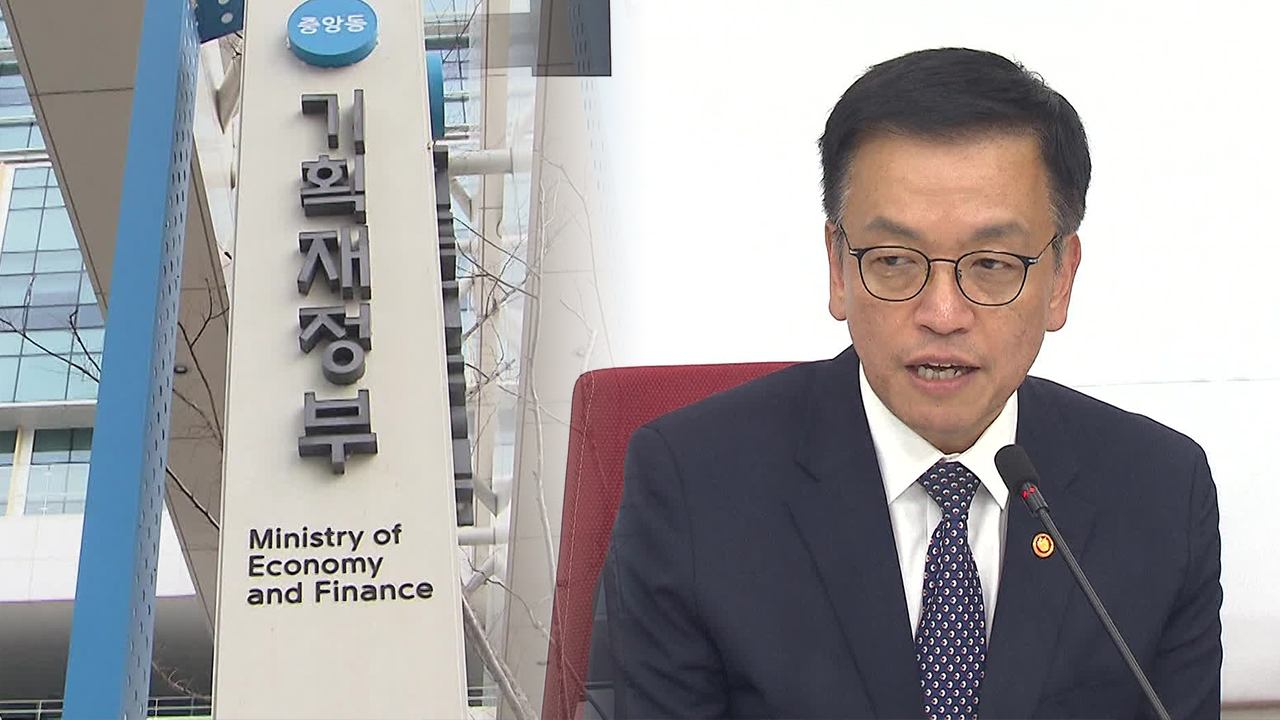
[Anchor]
The Democratic Party is pushing for an urgent 'January supplementary budget,' but the government and the ruling party are drawing the line, saying it is too early.
Even if there is consensus on the supplementary budget, there are significant differences in opinions on what budget to increase and by how much.
Next, we have Kim Jin-hwa with the report.
[Report]
For the supplementary budget to become a reality, the government must first take action.
This is because the authority to prepare the budget lies with the government.
For now, there is no mention of a supplementary budget, only a plan to use the already allocated budget as much as possible.
[Choi Sang-mok/Deputy Prime Minister: "We will complete the allocation by the end of this year so that the budget passed by the National Assembly can be executed without any issues starting Jan. 1 next year."]
Among the various conditions for supplementary budgets set by the National Finance Act, the only applicable one at present is the 'economic recession' condition.
The Ministry of Economy and Finance argues that it is unreasonable to discuss supplementary budget conditions when next year's budget has not even started yet.
In the history of the government, there have been two instances of a 'January supplementary budget': during the Korean War in 1951 and during the COVID-19 pandemic in 2022.
[Woo Seok-jin/Professor of Economics at Myongji University: "In extraordinary times, it is necessary to mobilize extraordinary measures, and since the budget was passed with cuts, we need a supplementary budget to normalize this situation quickly."]
There are many hurdles to overcome regarding the supplementary budget items.
The Democratic Party is expected to prioritize demands for local currency, artificial intelligence budget, and power infrastructure budget.
The government and the ruling party consider the drastically reduced contingency funds and special activity funds from the main budget, as well as the government’s key project, the Great Whale project, to be more urgent.
Within the Democratic Party, there are also calls for more than one supplementary budget, which could complicate the 'supplementary budget puzzle' between the ruling and opposition parties.
In the previous two impeachment phases, no supplementary budget was arranged.
This is KBS News, Kim Jin-hwa.
The Democratic Party is pushing for an urgent 'January supplementary budget,' but the government and the ruling party are drawing the line, saying it is too early.
Even if there is consensus on the supplementary budget, there are significant differences in opinions on what budget to increase and by how much.
Next, we have Kim Jin-hwa with the report.
[Report]
For the supplementary budget to become a reality, the government must first take action.
This is because the authority to prepare the budget lies with the government.
For now, there is no mention of a supplementary budget, only a plan to use the already allocated budget as much as possible.
[Choi Sang-mok/Deputy Prime Minister: "We will complete the allocation by the end of this year so that the budget passed by the National Assembly can be executed without any issues starting Jan. 1 next year."]
Among the various conditions for supplementary budgets set by the National Finance Act, the only applicable one at present is the 'economic recession' condition.
The Ministry of Economy and Finance argues that it is unreasonable to discuss supplementary budget conditions when next year's budget has not even started yet.
In the history of the government, there have been two instances of a 'January supplementary budget': during the Korean War in 1951 and during the COVID-19 pandemic in 2022.
[Woo Seok-jin/Professor of Economics at Myongji University: "In extraordinary times, it is necessary to mobilize extraordinary measures, and since the budget was passed with cuts, we need a supplementary budget to normalize this situation quickly."]
There are many hurdles to overcome regarding the supplementary budget items.
The Democratic Party is expected to prioritize demands for local currency, artificial intelligence budget, and power infrastructure budget.
The government and the ruling party consider the drastically reduced contingency funds and special activity funds from the main budget, as well as the government’s key project, the Great Whale project, to be more urgent.
Within the Democratic Party, there are also calls for more than one supplementary budget, which could complicate the 'supplementary budget puzzle' between the ruling and opposition parties.
In the previous two impeachment phases, no supplementary budget was arranged.
This is KBS News, Kim Jin-hwa.
-
-
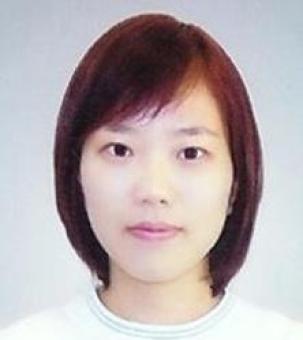
김진화 기자 evolution@kbs.co.kr
김진화 기자의 기사 모음
-
이 기사가 좋으셨다면
-
좋아요
0
-
응원해요
0
-
후속 원해요
0










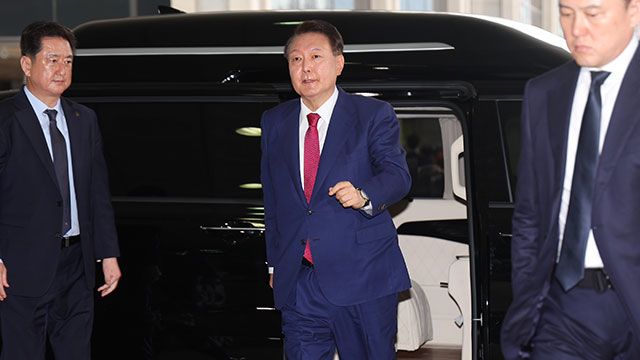
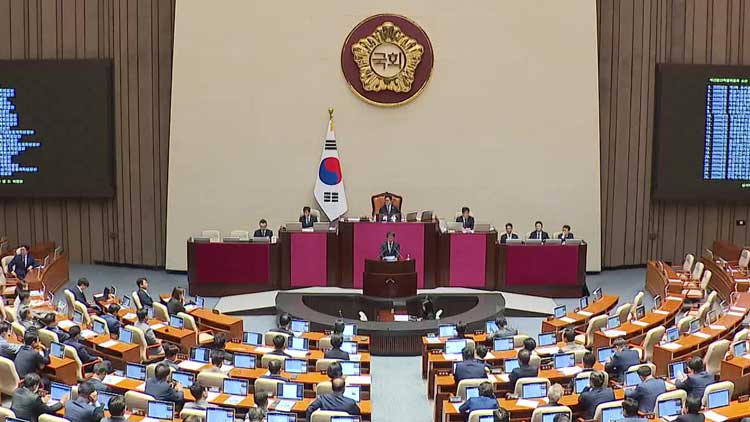
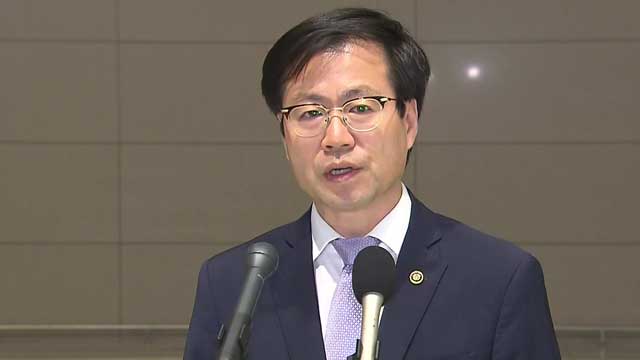
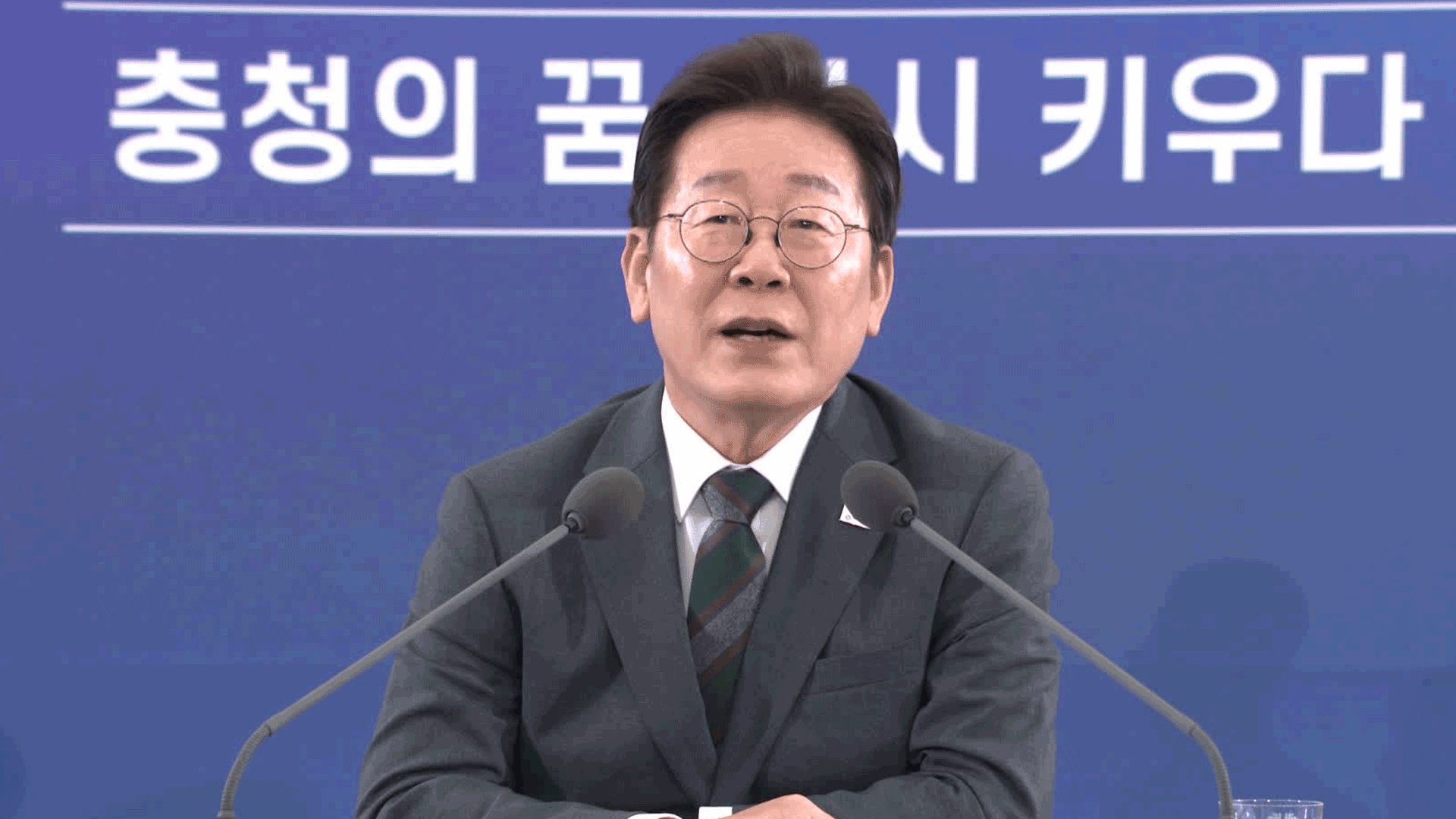

이 기사에 대한 의견을 남겨주세요.